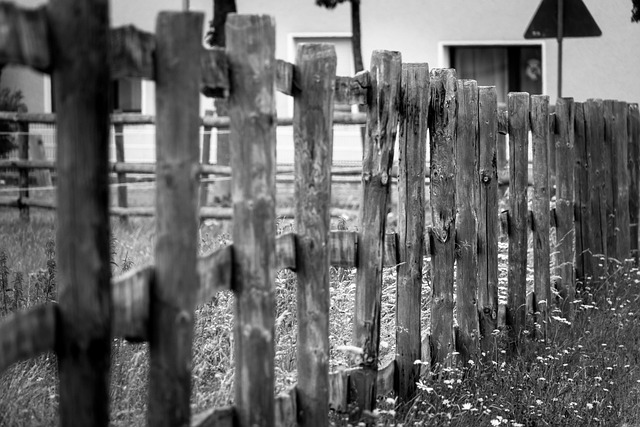Introduction:
Coastal areas present unique challenges when it comes to fencing due to relentless wind, salt air, and frequent moisture. This article explores durable wooden fencing as a robust solution for these harsh environments. We delve into the benefits of this material choice, highlighting its longevity and aesthetic appeal. Additionally, we provide insights on selecting the ideal wood types, installation best practices, and maintenance tips to ensure your coastal fence withstands the test of time.
- Understanding Coastal Fencing Challenges
- Benefits of Durable Wooden Fencing
- Choosing the Right Wood Types for Coastlines
- Installation and Maintenance Tips
Understanding Coastal Fencing Challenges
In coastal regions, where the elements are ever-present and often harsh, fencing faces unique challenges. The relentless pounding of salt water, powerful winds, and frequent storms create a demanding environment for any material. Traditional fencing options often succumb to corrosion, rot, or damage from these conditions, leading to frequent replacements and increased maintenance costs.
Durable wooden fencing designed for coastal areas must be specifically formulated to withstand these challenges. It requires a robust material that is naturally resistant to moisture, salt, and insects, along with a protective coating that can endure harsh weather conditions without chipping or peeling. By understanding these challenges upfront, homeowners and builders can invest in a fence that offers long-term durability and aesthetic appeal, even in the most demanding coastal settings.
Benefits of Durable Wooden Fencing
Durable wooden fencing offers a range of benefits for coastal areas, where traditional materials may falter in the face of harsh weather conditions and salty air. Firstly, its natural resistance to rot and decay means these fences can withstand the relentless coastal environment, providing long-lasting protection. This is particularly advantageous over metal or vinyl options that might corrode or become brittle in such settings.
Additionally, wooden fencing allows for a more aesthetically pleasing integration with the coastal landscape. The warm tones and textures of natural wood complement the surrounding environment, enhancing the overall curb appeal of homes and properties. Moreover, durable wood species used in construction can be sustainably sourced, contributing to eco-friendly practices that are increasingly important in the modern world.
Choosing the Right Wood Types for Coastlines
When selecting wood for coastal fencing, it’s crucial to consider species well-adapted to withstand harsh marine environments. Softwoods like cedar and redwood are popular choices due to their natural resistance to rot and insects. These woods have a high oil content that repels water, making them less susceptible to damage from salt spray and moist air.
Additionally, treating these softwoods with preservatives can further enhance their durability, ensuring they remain strong and functional for years to come. Their beauty and ability to weather well make them excellent options for creating appealing, long-lasting coastal fences that complement the environment without compromising quality or performance.
Installation and Maintenance Tips
When installing durable wooden fencing in coastal areas, it’s crucial to prepare the groundwork properly. Ensure the area is free from moisture issues like erosion or high water tables. Proper drainage and a solid base are essential to prevent rot and ensure the fence stands strong against relentless winds. Use pressure-treated posts and boards, designed to withstand salty air and moisture, for long-lasting protection.
Maintenance is key to keeping your coastal fencing in top shape. Regularly inspect the fence for any signs of damage or decay, treating issues promptly with a suitable preservative. Keep the area around the fence clear of debris and vegetation to promote airflow and prevent moisture buildup. Annual cleaning with a soft brush and mild detergent can also help maintain the wood’s aesthetic appeal.
